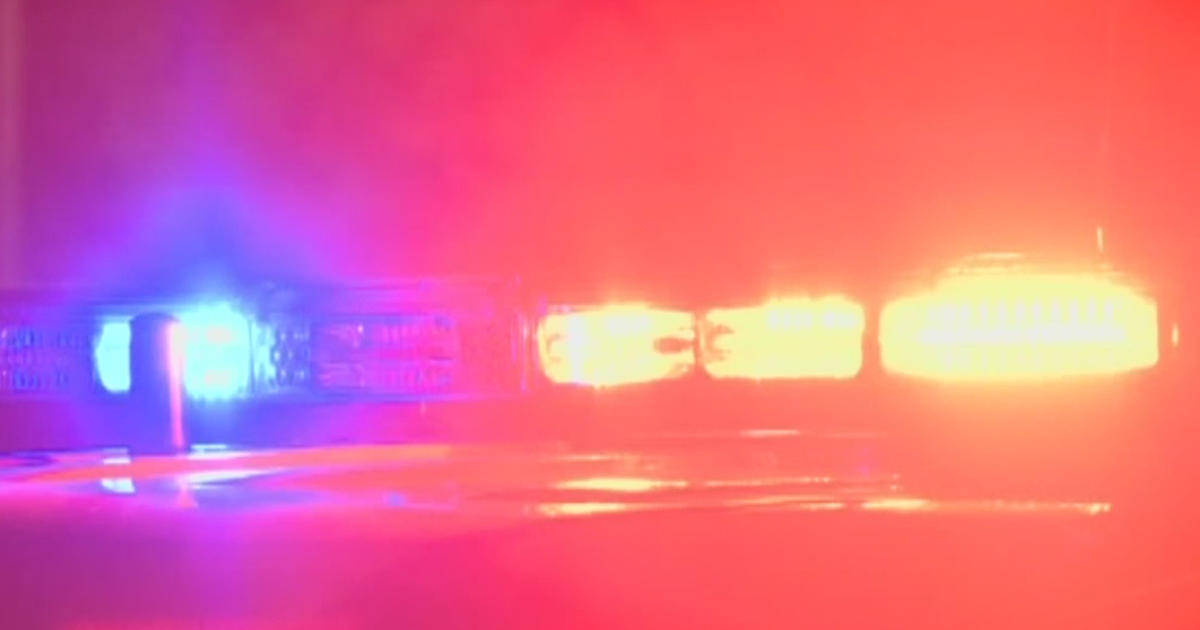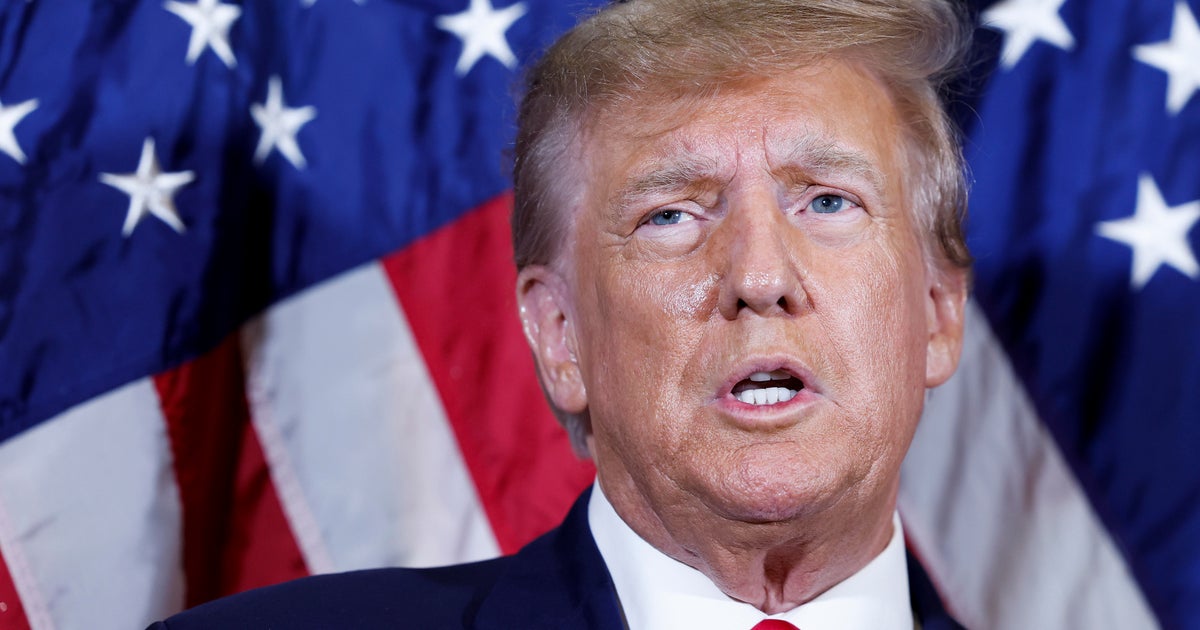'Things Went Too Far': Minnesota Doctors Keeping Closer Eye On Opioid Prescriptions
MINNEAPOLIS (WCCO) -- Minnesota doctors are keeping a closer eye on drugs they prescribe patients during the opioid crisis.
Physicians checked the state's prescription monitoring program more than 240,000 times last month. That's an 80% jump from the same time last year.
Physicians, nurse practitioners, physician assistants and dentists all have prescription monitoring program, or PMP accounts. But, as of 2021, they'll be required by law to check it before writing a prescription.
READ MORE: Data: 842M Opioid Pills Sent To State Pharmacies 2006-2012
Department of Human Services Deputy Commissioner Chuck Johnson is a part of the state's top offices tackling the opioid epidemic.
"Any time you're talking about a crisis that you measure in terms of how many people are dying, you know you have a crisis that is really important to people's lives," Johnson said. "We need to be attacking it in every way that we can, from every side that we can."
For DHS this summer, that meant a report card of sorts that was sent to prescribers who provide services to Minnesota's one million Medicaid and MinnesotaCare patients. The annual check-in will serve as a baseline to improve prescribing practices.
It's the same goal of the state's Prescription Monitoring Program. Cody Wiberg is the executive director of the Minnesota Board of Pharmacy. It's considered the top tool in managing this problem.
"I think there's a realization that things went too far," Wiberg said.
Five years ago, just 14% of Minnesota prescribers were enrolled in the program. In 2017, all prescribers were mandated to sign up, and numbers show that hundreds more are checking in first before sending someone to the pharmacy.
"If we see a pattern of people who seem to be in drug-seeking behavior, going to different prescribers, trying to get drugs, we're able to shut it down so they can only go to one source to manage their care," Johnson said.
He says these programs are paying off. DHS saw a 17% drop in opioid prescriptions for Medicaid patients in one year -- balancing pain management while sending a message of unintended consequences.
"It's just using them appropriately and managing that use appropriately that we really need to turn the corner on," Johnson said.
There is an Opioid Prescribing work group that DHS is a part of. They meet monthly on these issues and expect that next year there will be some fine-tuning of recently enacted laws, and perhaps even more safeguards put in place.



